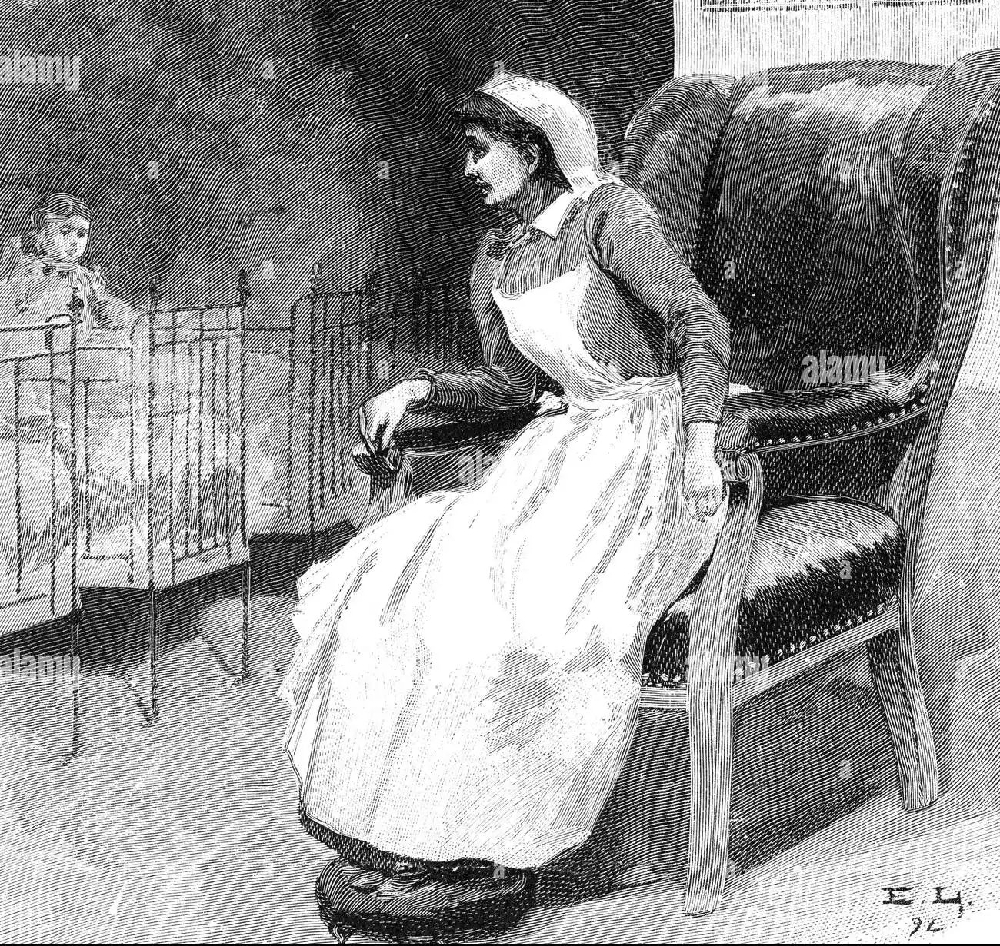


Daniel Akpan
@danielakpan
2 years ago
Eliza was born in the early 19th century, during a time of significant social and economic change in a village called serenity, England. The Industrial Revolution was in full swing, transforming agrarian societies into industrialized ones. This period brought about urbanization, technological advancements, and shifts in traditional family structures.Eliza's parents were part of a working-class family in a rural village. They struggled to make ends meet in the changing economic landscape, where many people were leaving their agricultural roots to seek employment in factories and mills in the growing industrial cities.
Eliza's parents clung to their rural way of life, but it was increasingly difficult to provide for their family in the face of economic challenges.During this era, social safety nets were limited, and families often relied heavily on their communities and local institutions for support.
The church played a central role in providing assistance to those in need, and many orphaned or abandoned children were taken in by charitable individuals or religious organizations.Eliza's parents, faced with dire economic circumstances, made the heart-wrenching decision to leave their infant daughter on the doorstep of the village church. They hoped that the church, led by the compassionate priest Father Thomas, would provide Eliza with a chance at a better life and ensure her survival in a rapidly changing world.

